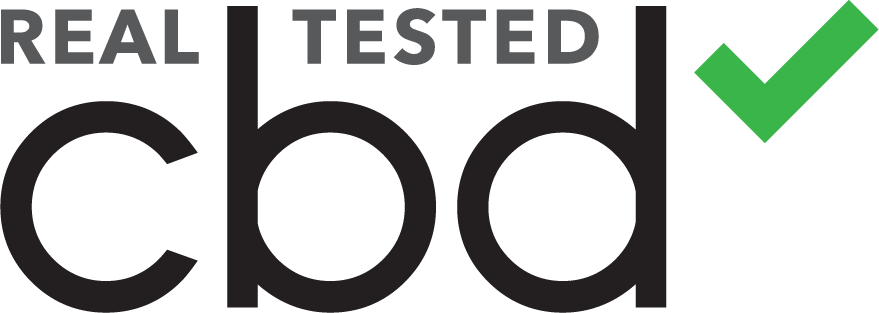Read the original article about Why Third-Party Testing is Important for Delta-8 Products here.
When it comes to the newest cannabinoid taking the market by storm, no two delta-8 products are made the same. As demand for delta-8 continues to rise, and new regulations are set into place, third-party lab testing becomes more and more important.
There is a new and growing space in the cannabis and hemp industries; filled with plenty of great companies, and just as many not-so-legit operations. With the current gray area surrounding delta-8 THC regulations, it’s up to the consumer to do the proper research before purchasing. Third party lab testing can ensure safety, purity, and potency – while helping you stay on the right side of the law. If you are in the ever-growing market for delta-8 THC products, be sure to turn to reliable sources and know exactly what you are shopping for.
What Is Delta-8 THC?
First, let’s take a quick look at what delta-8 THC actually is, and why there is such a growing demand.
Delta-8 THC is a minor cannabinoid in hemp and cannabis plants, meaning it is found less abundantly than major cannabinoids like CBD or delta-9 THC. Delta-8 THC occurs in all cannabis and hemp plants in small concentrations, with most of the delta-8 THC products available being manufactured from hemp plants.
Delta-8 THC is a relative of delta-9 THC (tetrahydrocannabinol), with a similar molecular structure, but a few distinguishing factors. The two share similar properties, like potentially stimulating appetite, reducing pain or aiding in sleep, but delta-8 THC reportedly displays lower psychoactive impacts than delta-9 THC.
From a chemical standpoint, delta-8 and delta-9 THC differ mainly due to the location of a double bind in their molecular chain. Delta-8 THC contains the bond on the 8th carbon chain while delta-9 THC has it on the 9thcarbon chain. Users of delta-8 THC have reported comparable effects to traditional THC, but less amplified. This could create a desirable middle-ground between CBD and traditional THC.
Why Does Third-Party Lab Testing Matter?
The best way to ensure the quality of any cannabinoid product is through third-party lab testing. Lab results for content analysis can show the potency of product, the cannabinoid makeup, as well as the purity of product from residual solvents and pesticides.
When it comes to delta-8, producers must be especially careful about the purity and testing of their products. Delta-8 THC extracted from marijuana plants, which may not be legal in your state, is fairly safe to use but could have a higher delta-9 THC content than you are anticipating. It’s important to make sure you are checking the delta-9 makeup of a product, otherwise it may be accompanied by unwanted side effects of traditional THC.
Delta-8 products produced from hemp plants must be converted from CBD first. This process can call for the use of chemicals, which in turn must be removed. For the process to be completed properly, the right equipment and skill is needed. This is where third-party lab testing becomes important.
If a company correctly purifies their extracts, their lab analysis will show it. Third-party labs that are not directly affiliated with manufacturers are the most reliable source for transparency and legitimate cannabinoid purchase. Here at Real Tested CBD, we test for every rare cannabinoid, residual solvents, pesticides, as well as overall quality, purity, and potency. Third-party lab testing ensures you are buying a legitimate product as well as one that will deliver your desired results.
Though there is still a large gray area around delta-8 regulations, but more and more are beginning to emerge. Starting with Michigan’s new legislation, delta-8 may soon become less available in your state, or at least be more controlled. At Real Tested CBD we will do o
To learn more about Delta-8 Products Near You, visit us at RealTestedCBD.com!
Advertising disclosure: We may receive compensation for some of the links in our stories. Thank you for supporting Irvine Weekly and our advertisers.


